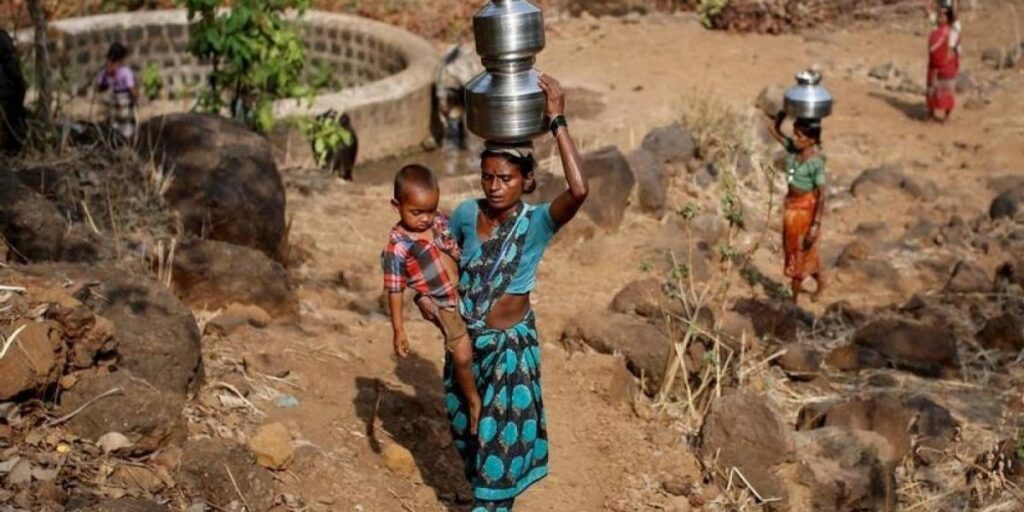Growth in climate impacts is far outpacing efforts to adapt to them, finds report released this week
An Adaptation Gap report released by the United Nations (UN) this week warned that the world must step up climate change adaptation efforts or face “huge disruptions”. Many of the climate impacts have become irreversible even if the world limits the warming to 1.5°C, therefore there’s an urgent need to increase finance to help countries adapt to climate impacts, the report stated. The UNEP Adaptation Gap Report: The Gathering Storm found that the growth in climate impacts is far outpacing efforts to adapt to them.
Gap between estimated and current adaptation costs widening
Consider this—the estimated adaptation costs in developing countries are five to ten times greater than current public adaptation finance flows, and the gap is widening. The report found that the costs of adaptation are likely at the higher end of an estimated $140-300 billion per year by 2030 and $280-500 billion per year by 2050 for developing countries only. Climate finance flowing to developing countries for mitigation and adaptation planning and implementation reached $79.6 billion in 2019.
‘Adaptation can effectively reduce (irreversible) climate risks’
Current Nationally Determined Contributions (NDCs) under the Paris Agreement are pointing toward global warming of 2.7°C by the end of the century. Even if the world managed to stay within 1.5°C, some impacts of climate change are already irreversible. The report stated adaptation can effectively reduce climate risks, which accelerate with temperature rise. However, residual climate risks remain and adaptation costs increase with climate risk. Raising the ambition in adaptation, in particular for finance and implementation, is critical to keep existing gaps from widening, the report added.
‘COVID-19 recovery measures miss the opportunity’
The report stated $16.7 trillion of fiscal stimulus has been deployed around the globe, but only a small portion of this funding has targeted adaptation. Fewer than one-third of 66 countries studied had explicitly funded COVID-19 measures to address climate risks as of June 2021. At the same time, the heightened cost of servicing debt, combined with decreased government revenues, may hamper future government spending on adaptation, particularly in developing countries.
‘Low rate of monitoring a concern’
The report highlighted that global progress in national-level adaptation planning, finance and implementation is very slow and further ambition is needed. Of major concern is the continued low rate of monitoring and evaluation systems—only 26% of countries have such a system in place. There are signs of improvement, however, with another 36% of countries in the process of developing such systems, the study stated. Adaptation planning and implementation also need to consider higher-end climate scenarios and impacts projected by the Sixth Assessment Report of the Intergovernmental Panel on Climate Change (IPCC), launched in August 2021, to prepare for more intense risks than those already observed, the report added.
About The Author
You may also like
With record breaking rain and heat, Uttarakhand reels under climate change impacts
Growing climate risks to India Inc call for a mindset shift, building resilience: Experts
Philippines island faces risk of heavy rainfall which is now 50% more intense, along with deadly landslides : WWA report
Seafood to lose nutritional value due to climate change: Study
14.5 million lives may be lost by 2050 due to climate change: WEF report


